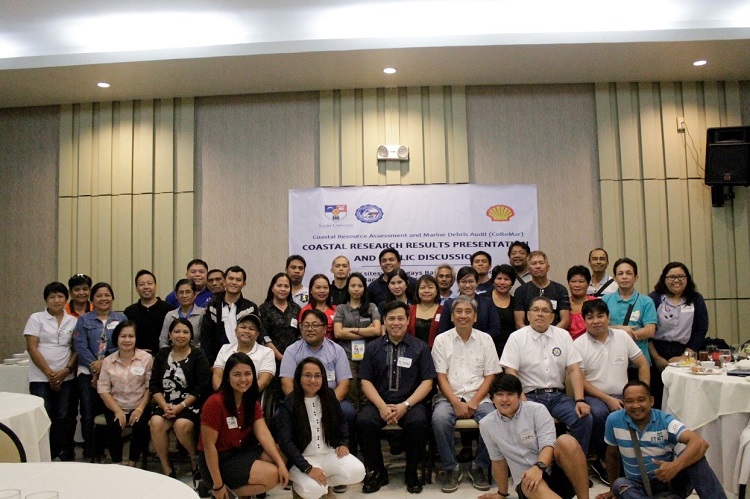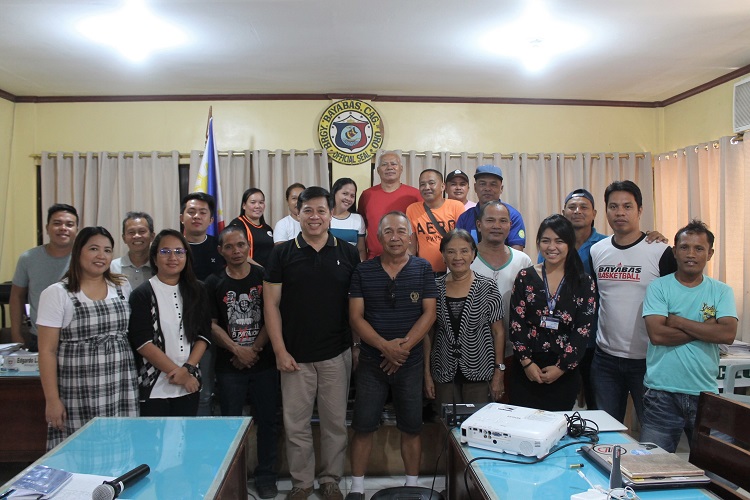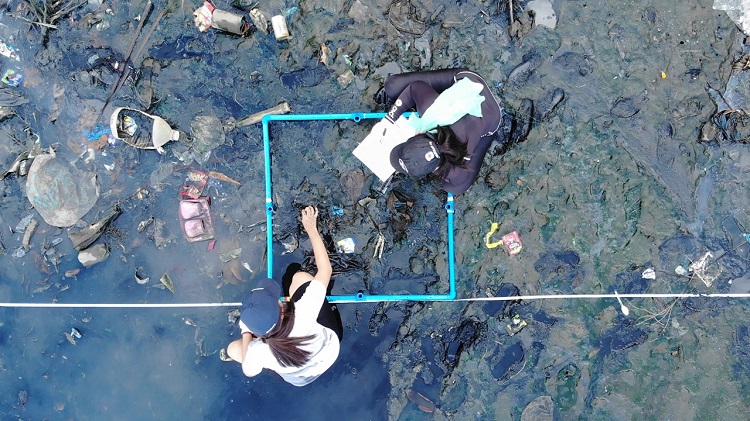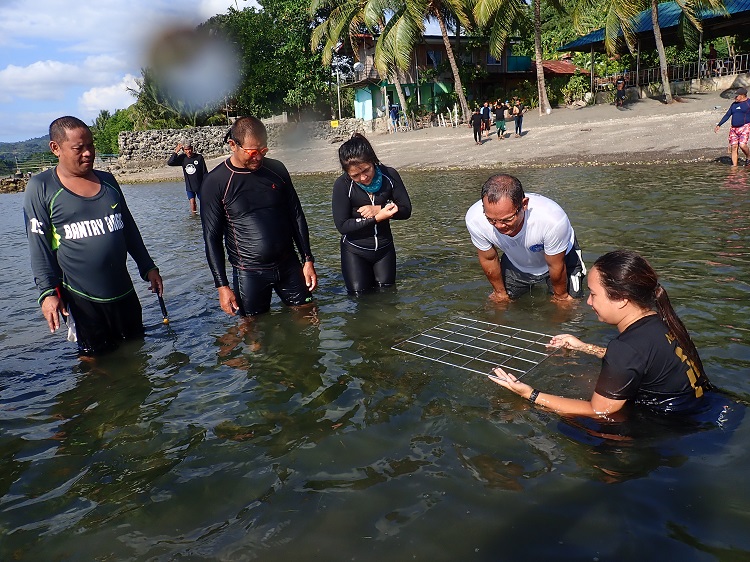Proponent: Xavier University - McKeough Marine Center (XU-MMC)
FUNDER: Collaborating Agencies: Pilipinas Shell Foundation, Inc.
Rationale
The Philippines, an archipelagic country with 60% of its people living along the coastline of 36,000 km, depend heavily on coastal and marine resources for its ecological and socio-economic values (World Bank, 2005). These include fisheries, shoreline protection, tourism, and more. However, it is threatened with natural and anthropogenic stressors both at local and global scales, such as climate change, blast fishing, overfishing, coastal development, and pollution.
One of the major threats brought about by humans is marine pollution, particularly plastic debris in the form of cigarettes, bags, bottles, straws. On a global scale, it has been estimated that 5 trillion plastic particles is floating in the world’s oceans (Eriksen et al., 2014), endangering wildlife through entanglement and ingestion. Studies have also pointed out that most marine debris are generated by coastal countries with poor waste management coupled with large population sizes. The Philippines, in particular, ranks third worst polluter, following Indonesia and China (Jambeck et al., 2015).
Project Description and Objectives
The goal of this project aims to take action on the marine debris issue on a local scale. Specifically, it aims to assess the coastal and marine debris in the coastal barangay of Macabalan, Cagayan de Oro City. It will also assess the coastal resources present in the area, along with two other neighboring barangays, Bayabas and Gusa. These were chosen due to the presence of marine protected areas (MPAs) which could potentially serve as breeding grounds for reef fish that, in the long run, could ‘spill over’ to the neighboring waters, including the coastal community of Macabalan.
Expected Results
Improved waste and marine resource management.
Institutionalization and Sustainability Mechanisms
Data generated in this project will serve as the basis for policy lobbying and information, education, and communication (IEC) campaigns on proper waste management and marine resource conservation.





